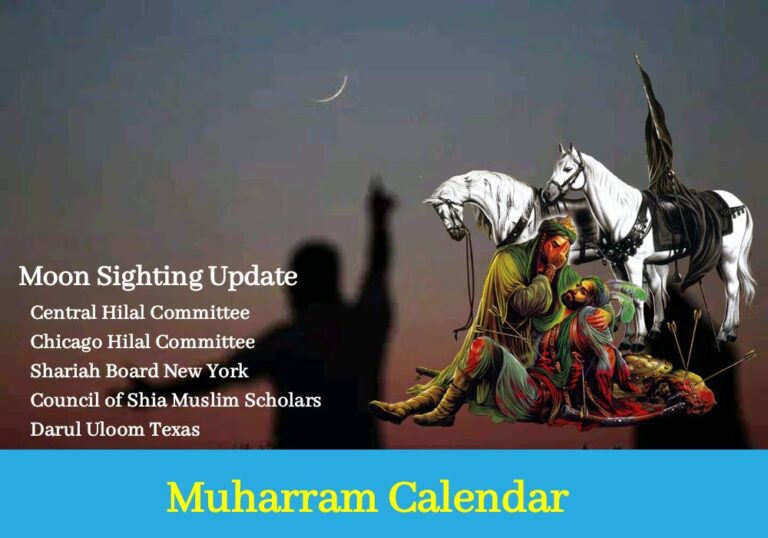Jumada Al Awwal, also known as Jumada I, is the fifth month of the Islamic lunar calendar. This sacred month holds significant importance in the Islamic faith and is marked by various observances and events.
Understanding the meaning of Jumada Al Awwal deepens our knowledge of Islamic traditions and grants us insight into the rich cultural heritage of the Arabic language and its translations to English.
In Arabic, Jumada Al Awwal translates to “the first Jumada,” where “Jumada” refers to a specific drought during this time. The term “Al Awwal” signifies “the first” or “initial.
Jumada Al Awwal Month Number
Jumada Al Awwal is the fifth month of the Islamic lunar calendar. It is preceded by Rabi’ Al-Awwal and followed by Jumada Al-Thani. Regarding significance, Jumada Al Awwal does not hold any specific religious observances or events like other months, such as Ramadan or Hajj.
However, it is still a crucial time for Muslims to reflect on their faith and engage in acts of worship.
Jumada Al Awwal Meaning In English
Jumada Al Awwal is the fifth month of the Islamic lunar calendar. In English, it can be translated as “Jumada the First” or “Jumada I.”
The Islamic lunar calendar consists of 12 months, and Jumada Al Awwal falls between the months of Rabi’ Al Thani and Rajab.
In Arabic, “Jumada” means “freeze” or “solidify,” while “Al Awwal” translates to “the first.”
This month holds significance for Muslims as it marks the beginning of the pre-Islamic era in Arabia known as Jahiliyyah. It is a time for reflecting and remembering historical events during this period.
Overall, Jumada Al Awwal is an important month in the Islamic calendar with cultural and historical significance. It serves as a reminder of the rich heritage and traditions that shape Muslim culture today.
Jumada Al Awwal In Arabic
Jumada Al Awwal is the fifth month in the Islamic lunar calendar. In Arabic, it is written as “جمادى الأولى.” This month is considered one of the sacred months in Islam, along with Rajab, Dhul Qa’dah, and Dhul Hijjah.
During Jumada Al Awwal, Muslims reflect upon the importance of time and strive to make the most out of it. It is a time for self-reflection and spiritual growth.
Many Muslims also engage in acts of worship and seek forgiveness during this month. Additionally, some communities may organize special events or gatherings to commemorate significant historical events during Jumada Al Awwal.
Overall, Jumada Al Awwal holds significance in the Islamic calendar as a time for personal reflection and devotion.
It serves as a reminder for Muslims to prioritize their spiritual journey and make positive life changes.
What is the Importance of Jumada Al Awwal?
Jumada Al Awwal is an important month in the Islamic calendar. It holds significance for Muslims as it marks the birth anniversary of Prophet Muhammad (peace be upon him).
This month provides an opportunity for Muslims to reflect on the life and teachings of the Prophet and to renew their commitment to following his example.
During Jumada Al Awwal, many Muslims engage in special prayers and gatherings to celebrate the birthday of Prophet Muhammad. These events often involve reciting poetry, listening to lectures about his life, and engaging in acts of charity.
The emphasis on celebrating the Prophet’s birth serves as a reminder of his impact on humanity and encourages believers to strive towards embodying his qualities of compassion, wisdom, and justice.
Furthermore, Jumada Al Awwal also serves as a time for introspection and self-improvement. Muslims may take this opportunity to evaluate their actions and strive toward personal growth.
By reflecting on the life of Prophet Muhammad during this month, individuals can seek inspiration from his character and teachings to become better versions of themselves.
In conclusion, Jumada Al Awwal carries great importance in Islam as it commemorates the birth anniversary of Prophet Muhammad. It serves as a time for celebration, reflection, and self-improvement.
By honoring the Prophet’s life this month, Muslims are reminded of his exemplary qualities and encouraged to follow in his footsteps.
Conclusion Points
Understanding the significance of the Jumada Al Awwal month number in both Arabic and English provides insight into the Islamic calendar’s rich cultural and historical traditions.
The month holds a special place for Muslims worldwide, commemorating significant events and serving as a time for reflection and remembrance.
By delving deeper into the meanings behind this month, we can foster a greater appreciation for the diversity and depth of Islamic culture.
Let us embrace this opportunity to learn more about Jumada Al Awwal and its importance, honoring the traditions passed down through generations.







